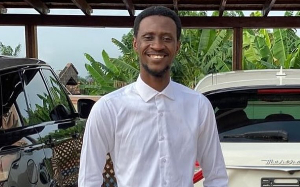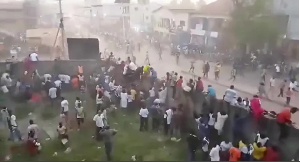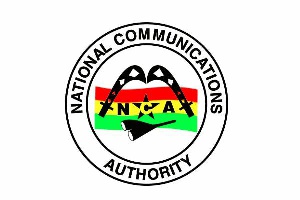Ho, Aug 11, GNA - The Ho Diocese of the Catholic Church has brought together some skilled but dormant artisans from 30 communities and given them tit-bits on entrepreneurship and working tools to enable them fend for themselves.
The first batch of the group, made up of 48 seamstresses and tailors, 16 hairdressers, 32 carpenters, three plumbers, 18 masons and one electronics technician, were given their tools at a ceremony in Ho on Wednesday.
Four Togolese refugees were part of the group under the Diocese’s partnership with United Nations High Commissioner for Refugees (UNHCR) and the Department of Migrant Commission of the National Catholic Secretariat.
The programme is a component of the Diocese’s 3-year integrated social intervention sponsored by MISEREOR, Germany and dubbed “Enhancing Human Resource for Growth and Development at Community Level”.
The Revd Father Sylvester Agbezuge, Member of the Project Facilitating Committee, told the Ghana News Agency that 152 artisans would be given tools at a later date.
He said selection was based on recommendations by community leaders and that one did not have to be a Catholic to benefit.
Rev Father Agbezuge said it was sad that people who had learnt trades roamed abound because of lack of tools and skills in handling micro-businesses.
He said the beneficiaries were expected to pay for the tools in two years and that field officers would go round to assess and evaluate their progress and give guidance where necessary.
The Most Reverend Francis Anani Lodonu, Bishop of the Ho Diocese, lauded the intervention and said the Church demanded a lot from members, “some of who have nothing,” and must therefore work toward their economic wellbeing as well as their spiritual needs.
He said the programme would complement those of the government towards achieving the Millennium Development Goals (MDG).
Mr Isaac Kodobisah, Ho Municipal Chief Executive, expressed his joy at the programme and said many youth would be engaged in productive activit.
Other areas covered by the intervention are gender equality, girl-child education, women’s rights, responsibilities and domestic violence and alternative dispute resolution and peace building.
Regional News of Thursday, 11 August 2011
Source: GNA
















